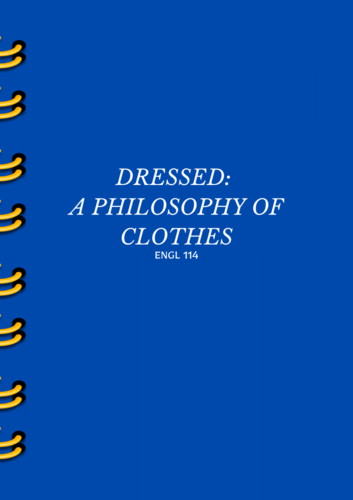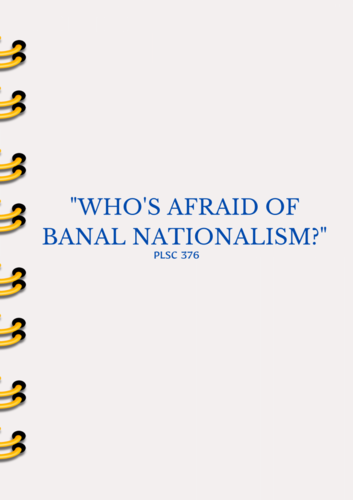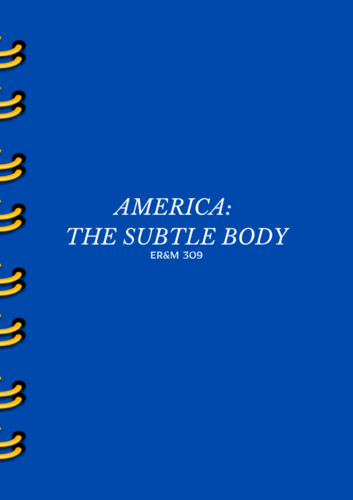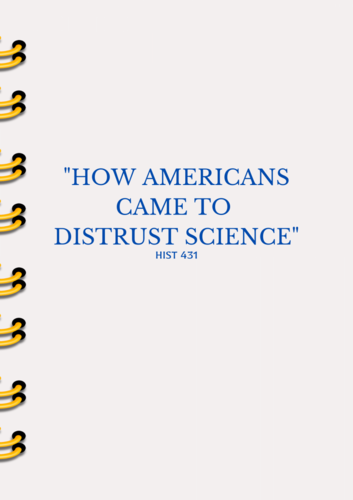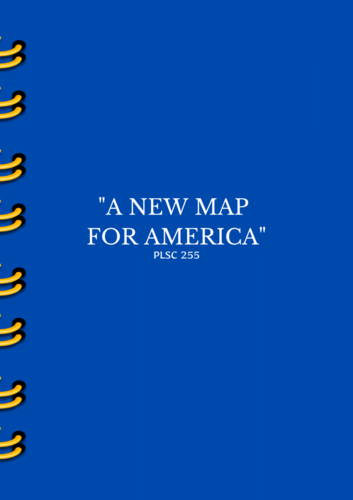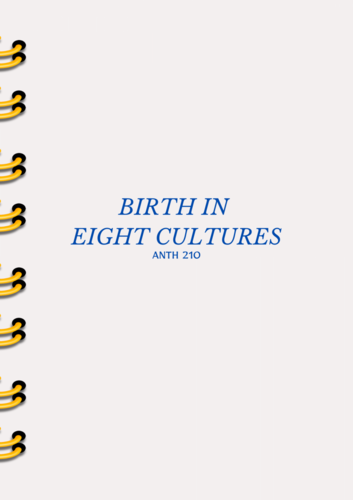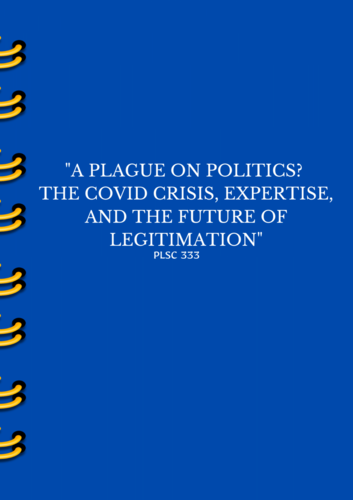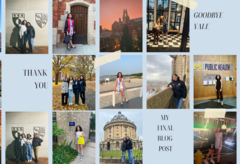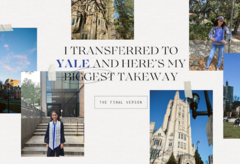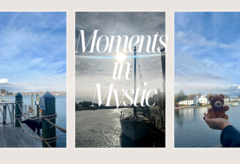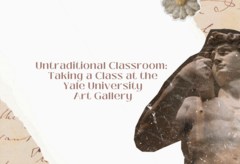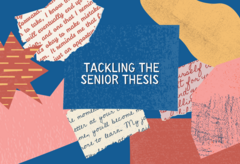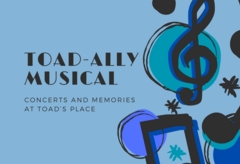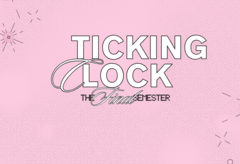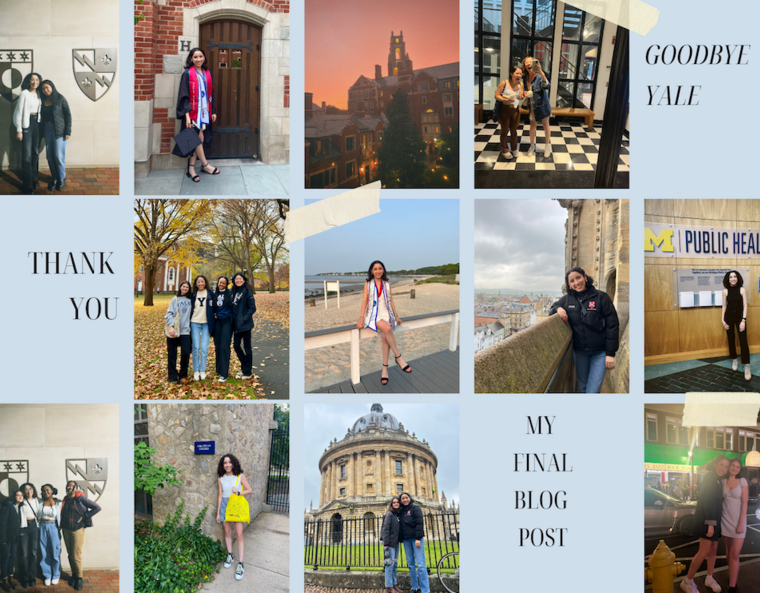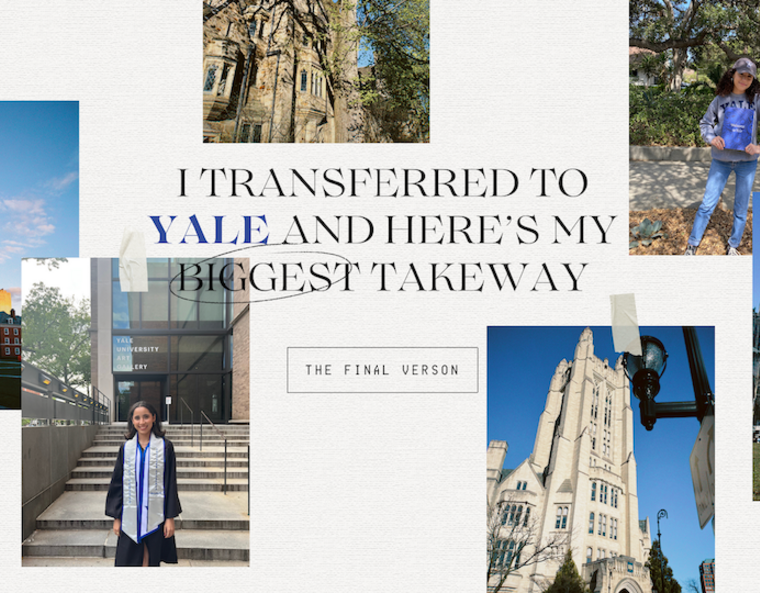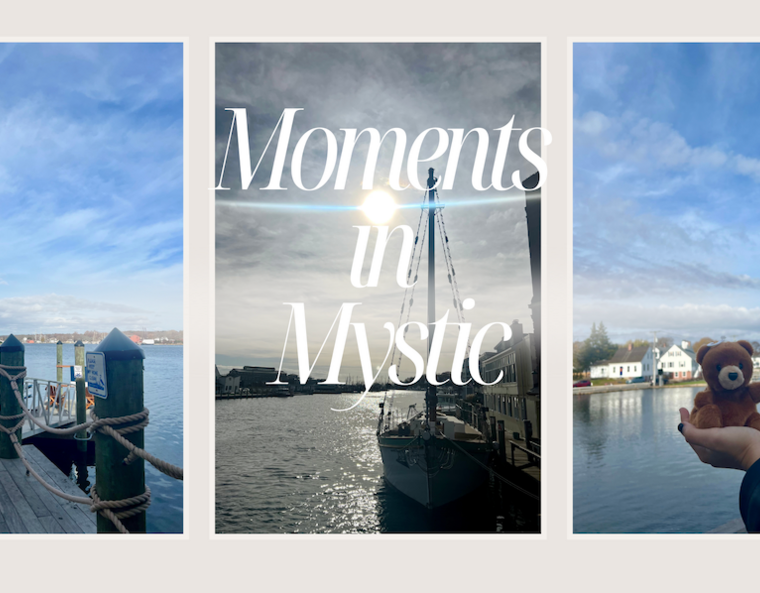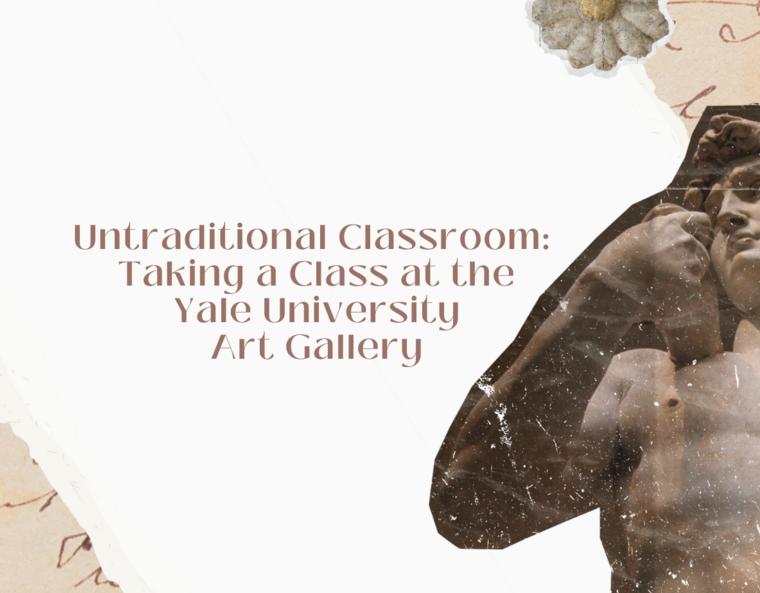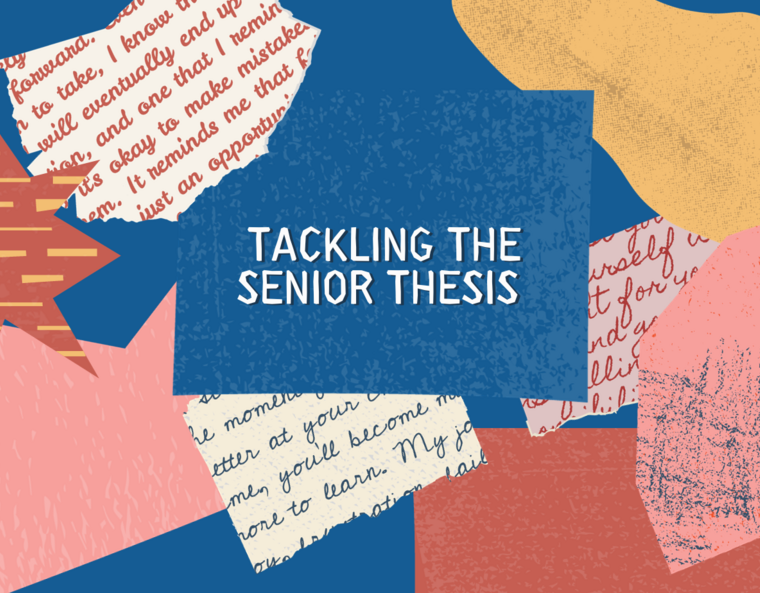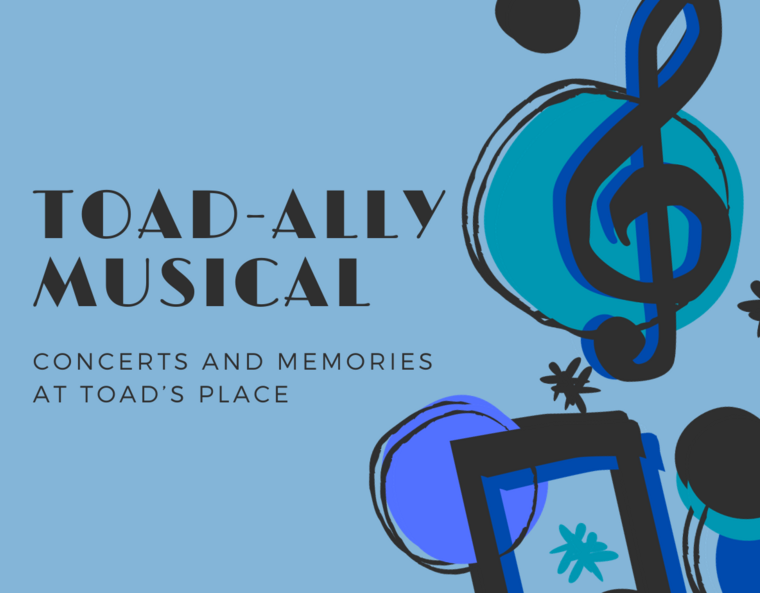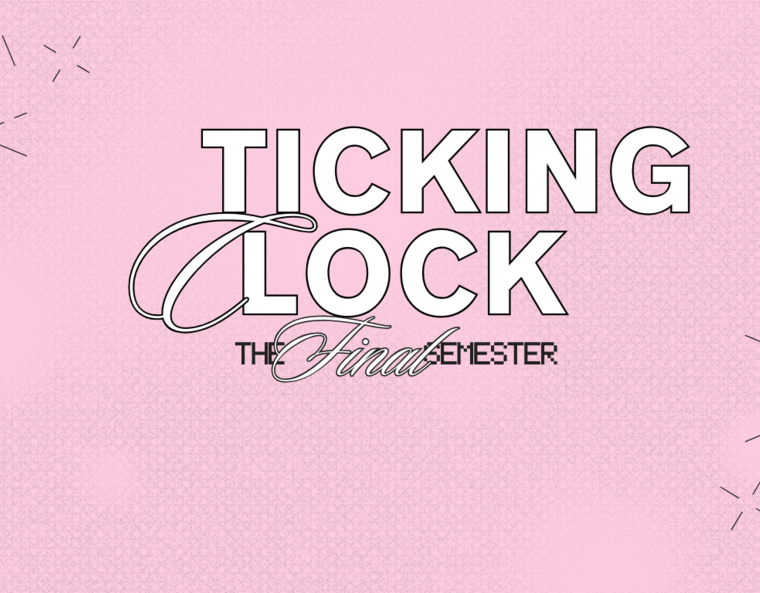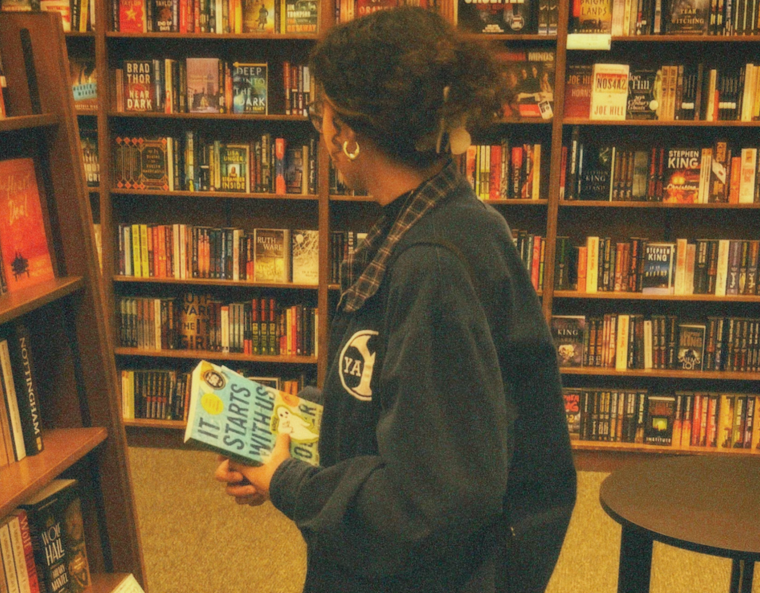
There are so many things I appreciate about being a Yale student. From the 6-person seminars I’ve been a part of, to my job at the Yale University Art Gallery, to the lovely workers who greet me when I grab dumplings from Commons, and to the phenomenal friends I’ve met, the list can truly go on and on.
But, as someone whose nose has been stuck in a book since I was a little kid, I’ve appreciated the fascinating literary works Yale has introduced me to. And so, I’ve decided to compile some of my favorite books/pieces I’ve been assigned to read. Yes, they were “assigned” and while many of us do not like the idea of “required reading,” these pieces are definitely worth checking out (don’t worry, I won’t spoil anything).
Dressed: A Philosophy of Clothes || ENGL 114 Fashion, Dress, and Music
I was assigned this book by Shahidha Bari for one of my writing classes and more than a year later, I still find myself constantly thinking about it when I get dressed every morning. Picking out what to wear can sometimes feel like a mundane task. Yet, Bari’s book taught me that even if you’re not into fashion, don’t meticulously coordinate your outfits, or keep up with the trends, there is a hidden philosophy within the clothes you keep in your closet and those you decide to wear.
“Who’s Afraid of Banal Nationalism” || PLSC 376 Extreme and Radical Right Movements
The very first essay I wrote for a class here at Yale was based on this article by Sophie Duchesne. From the pledge of allegiance to American flags to what I wrote about in my paper, license plates; banal nationalism refers to representations of the country you see on a day-to-day basis. Not wanting to go into too much detail on the article (because you should read it), it was fascinating to explore and understand how we unconsciously consume materials relating to country nationalism and pride.
America: The Subtle Body || ER&M 309 Traditional Medicine, Science, and the Politics of Healing in the United States
I’m currently taking this ER&M class where our class discussions have been based on understanding traditional types of healing. This book by Stefanie Syman specifically focuses on arguably one of the most well-known traditional medicine practices: yoga. Before reading this book, I had no idea that the journey yoga underwent to enter the mainstream was quite a unique one, complete with its challenges, psychedelics, and even the Beatles.
“How Americans Came to Distrust Science” || HIST 431 Pandemics, Protests, and Power: A History of 2020
It’s easy for a lot of us to think of history as events that took place a long time ago. And so, I immediately found it interesting to see a history course about the year 2020 being offered in the year 2021. Throughout the course, we attempted to understand what had happened during that year by relating it to the overall history of the country. This article by Andrew Jewett was assigned when we were discussing how the scientific and medical distrust that characterized the COVID-19 was nothing new for the country. In fact, it was more so a continuation.
“A New Map for America” || PLSC 255 America from Scratch
One of the most thought-provoking classes I’m taking this semester has us debate every week on the “what-ifs” of the Constitutional Convention. What if the United States had more than one president? What if elections were based on a lottery system? What if there was no Supreme Court? Every week, we discuss the feasibility of such radical questions and assess whether they are possible in the future. Parag Khanna’s opinion piece brings into this conversation the question of “what if the United States consisted of 7 regions rather than 50 states?” After reading this article, you may find yourself agreeing with this “what-if.”
Birth in Eight Cultures || ANTH 210 Birth: Intersections between Biology, Culture and Society
From learning different breathing techniques, to birthing positions, to having working doulas guest-lecture, my “Birth” class has taught me a lot about, well, birth. One of the most important things I’ve learned however has been about the diversity of birth in the various cultures that make up our world. More specifically, Robbie Davis-Floyd and Melissa Cheyney’s book has opened my eyes to how birth can be more than the Westernized (in a hospital, surrounded by doctors) version many of us are used to.
“A Plague on Politics? The COVID Crisis, Expertise, and the Future of Legitimation” ||
PLSC 333 The Politics of Expertise
How did COVID-19 impact our political system? How did it impact how we viewed experts? Taking a class on expertise shortly after the election of a new president and following the first two waves of the COVID-19 pandemic was as interesting as it could get. We were discussing experts who were still at the time, giving out their expertise to the country. Michael Neblo and Jeremy Wallace’s article specifically detailed how COVID-19 derailed past perceptions of experts during times of crisis.
